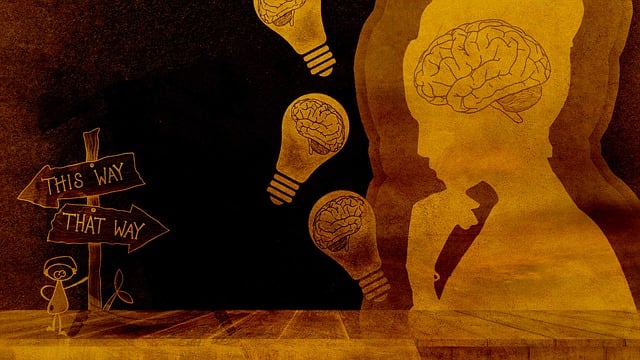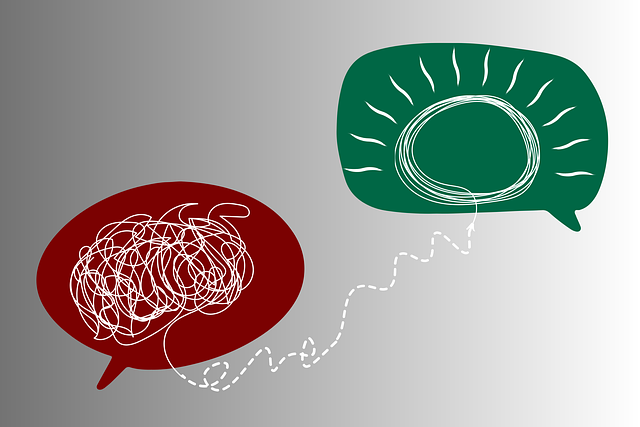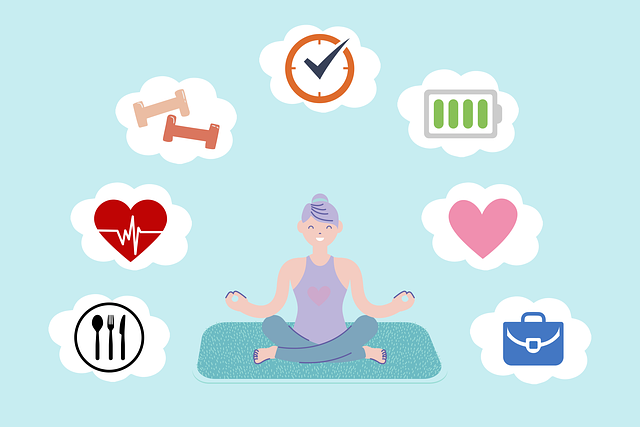Crafting a successful mental wellness podcast for elders with ADD/ADHD involves defining a specific target audience, conducting thorough research on relevant topics and therapy techniques, and structuring episodes with a balance of educational content and engaging interviews. Each episode should include segments like "Mental Health Minute," "Listener Story Time," and "Q&A with an Expert" to promote interactivity. Incorporating evaluations allows for tracking progress over time, ensuring valuable mental health education and ultimately contributing to Mental Illness Stigma Reduction Efforts through Therapy for Elders ADD-ADHD Evaluations.
“Unveiling the power of mental wellness podcasts, this comprehensive guide takes you on a journey from concept to creation. Focused on serving elders with ADD/ADHD and their caregivers, our series aims to illuminate paths towards improved mental health. Through meticulous planning, we set the stage for success by identifying target audiences, structuring episodes, and curating expert insights. From engaging content creation to meticulous post-production, each step ensures a polished final product, offering valuable therapy and evaluations tailored to unique challenges faced by older adults with ADD/ADHD.”
- Planning and Pre-Production: Setting the Stage for Success
- – Identifying target audience: elders with ADD/ADHD and their caregivers
- – Defining the format and structure of each episode
Planning and Pre-Production: Setting the Stage for Success

Planning and pre-production are the bedrock of a successful mental wellness podcast series. It’s crucial to define your target audience—in this case, focusing on the unique needs of elders with ADD/ADHD—and tailor content that resonates with them. Start by conducting thorough research on relevant topics such as therapy techniques specifically for elders with ADD/ADHD, and incorporate evaluations to track progress over time. This ensures your podcast provides valuable mental health education programs design tailored to this demographic.
During pre-production, create a structured outline for each episode, balancing informative segments on stress management and depression prevention with engaging interviews or case studies. This thoughtful design fosters a balanced approach, making your podcast both insightful and captivating for listeners navigating mental wellness challenges.
– Identifying target audience: elders with ADD/ADHD and their caregivers

Identifying your target audience is a crucial step in producing an effective mental wellness podcast series. For this particular focus, we turn our attention to elders diagnosed with Attention-Deficit/Hyperactivity Disorder (ADD/ADHD) and their caregivers. This demographic often faces unique challenges related to managing symptoms of ADD/ADHD as they age, and proper support mechanisms are essential. Many elders struggle with depression prevention and stress management as a result of their condition, highlighting the need for tailored interventions like our podcast series.
By creating content specifically catering to this audience, we can explore therapeutic approaches suitable for elders with ADD/ADHD, including practical tips on organization and time management that align with Mind Over Matter principles. These sessions will also delve into coping strategies for caregivers who play a vital role in supporting their loved ones’ mental wellness journeys. Through engaging discussions and expert insights, our podcast aims to enhance awareness about the specific needs of this population, ultimately fostering better mental health outcomes.
– Defining the format and structure of each episode

Defining the format and structure of each episode is a crucial step in creating a compelling mental wellness podcast series. Each show should be designed to provide valuable insights, practical advice, and engaging conversations around various aspects of mental health. To cater to a diverse audience, including elders and individuals with ADD-ADHD, episodes can vary from therapeutic discussions on managing stress and anxiety to interviews with experts in geriatric psychology and ADHD evaluations. Incorporating segments like “Mental Health Minute” for quick tips, “Listener Story Time” to share personal experiences, and “Q&A with an Expert” ensures a well-rounded and interactive listen.
The structure should also consider the audience’s needs, balancing educational content with entertainment. For instance, starting each episode with a brief introduction that sets the theme, followed by a deeper dive into a specific topic, can be effective. Segments like “Mental Health Myth Busting” and “Stigma Reduction Efforts” can help foster open conversations about mental illness. By combining these elements, the podcast series aims to educate listeners through Mental Health Education Programs Design while also promoting Mental Wellness Coaching Programs Development, ultimately contributing to broader efforts in Mental Illness Stigma Reduction Efforts.
In conclusion, creating a mental wellness podcast series focused on therapy for elders with ADD/ADHD and their caregivers involves meticulous planning and pre-production. By identifying the target audience and defining the episode format, you lay the groundwork for engaging content that addresses critical needs in this domain. Leveraging SEO keywords like “Therapy for Elders ADD-ADHD Evaluations” ensures your series reaches those who stand to benefit most, ultimately enhancing mental health awareness and support within this community.











